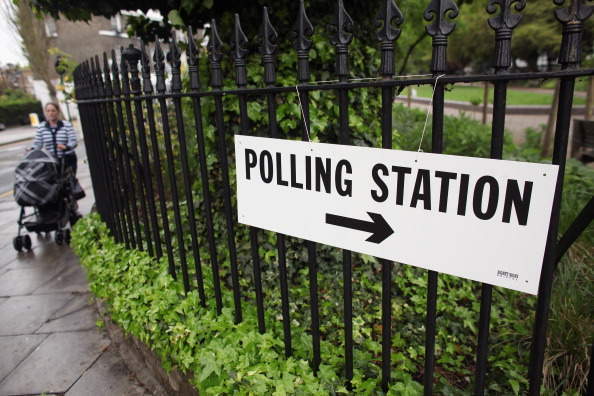
With less than a week to go before the General Election, much of the talk has been about the unpredictability of the result: which party will have the most seats, and who will make deals with whom. Yet this is precisely the kind of talk that our First Past the Post voting system was supposed to avoid.
The current system is supposed to produce majority governments: and it’s clearly failing on its own terms. But it’s also failing to reflect how people are actually voting in the 21st century – that is, for more than two parties.
In the situation of a hung parliament, when every MP will count, that will make a huge difference as to who forms a government. When votes aren’t accurately turned into seats, the implications for democracy aren’t good, to say the least.
And people are starting to show their discontent. A new poll by BMG Research has found that 74 per cent of the British public back a more proportional voting system – they want their votes to fairly translate into seats. Support for proportional votes is strong among supporters of all parties, with 79 per cent of Conservative voters, 81 per cent of Labour voters, 83 per cent of Liberal Democrats, and 70 per cent of UKIP voters backing proportionality.
It’s also consistent across all age brackets and social backgrounds, and is mirrored in last week’s YouGov LivePoll. There is, it seems, something instinctive and intuitive about the idea that votes should equal seats.
In some ways, it’s not surprising. Everyone wants their vote to count. But they’re not getting that under our current system. Almost every poll has Labour and the Conservatives on less than 70 per cent of the popular vote. Yet they’re expected to get around 83 per cent of seats. Meanwhile the Greens and Ukip could get nearly a fifth of the vote but less than 1 per cent of seats. That’s millions of marginalised citizens.
The situation in Scotland is even more astonishing. The SNP could win every single seat – on just over half the popular vote. Thankfully the party is committed to reforming the current voting system. But the result will be dispiriting for democrats, nonetheless. There are going to be a lot of angry and excluded voters in Scotland after the 7th – not least the 17 per cent who back the Conservatives and 20 per cent who are Labour supporters.
Even the Liberal Democrats, despite talk of them beginning to benefit under First Past the Post, will only get about 4 per cent of seats compared to around 8 per cent of the vote.
When it’s put into perspective, none of this sounds like proper democracy to most people. What kind of politics do we want?
The political landscape has fundamentally changed over the past few years. We are now a truly multi-party country, as the leaders’ debates have shown. But how we vote hasn’t caught up. We’re trying to squeeze seven or more parties into an old-fashioned two-party system. Unsurprisingly, it’s not working. And many figures are now waking up to this fact – from Lord Gus O’Donnell, to Owen Jones in the Guardian.
Under a proportional voting system, voters could support a range of parties knowing their vote would genuinely count. They could vote for who they actually believe in, without worrying about ‘letting in’ a hated party or having to put their cross next to a ‘lesser evil’. And the nearly-400 MPs who occupy safe seats would have to listen to a lot more voters, since other parties would finally stand a chance of getting in.
Whatever happens on May 7, there are going to be millions of voters who have been let down by our archaic voting system. Politicians would do well to recognise it – and put real reform on the agenda.






